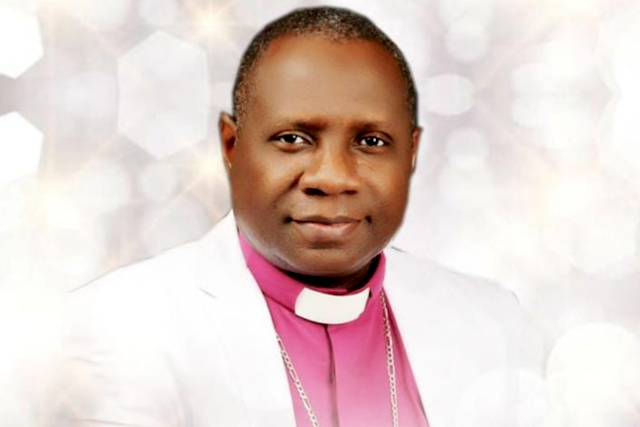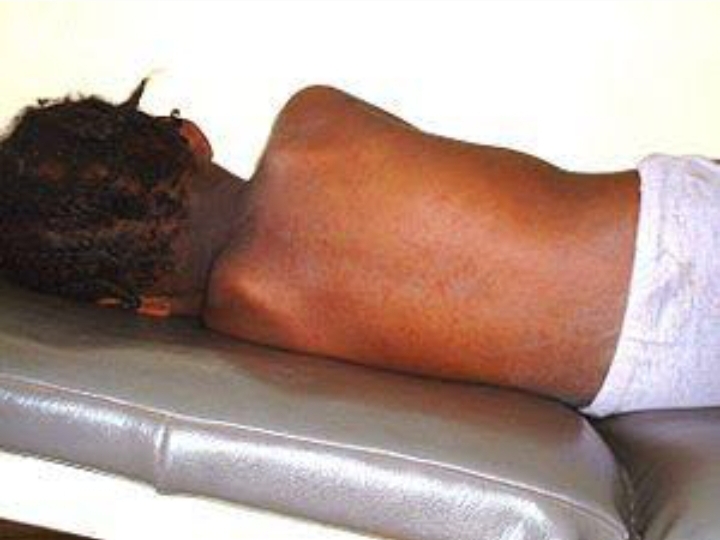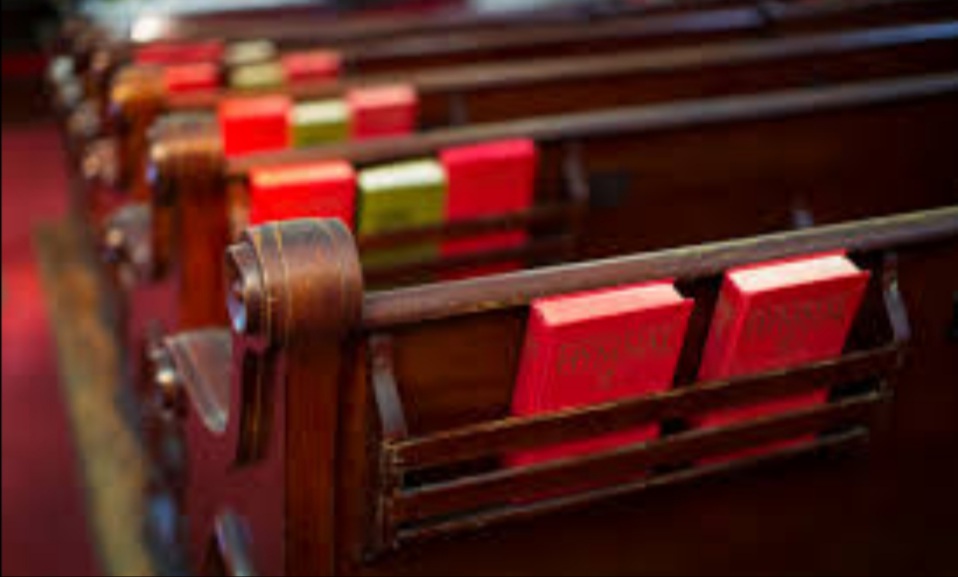By Francis Ewherido
Last Wednesday was Ash Wednesday. Peter (Surname withheld) was in church in the morning for Mass and participated in the symbolic tracing of the sign of the cross on the forehead with ash as a reminder that we should “repent, and believe in the gospel” or “remember that you are dust, and to dust you shall return.”
Ash Wednesday is the beginning of the season of lent, a 40-day period when many Christians fast, give alms, mortify the flesh and pray. For Peter, the Lenten season is a period of spiritual reality check. He finds the season very sobering and humbling.
The ash reminds him that he is dust, to dust he shall return. When humans return, all the worldly acquisitions and accomplishments become inconsequential to them.
The only thing that matters is their legacy and it does not come in university degrees or wealth that they acquired, but what they left behind that the world will remember them for. Legacy is somewhat indestructible; neither termites nor moths eat it.
But this is at the mundane level. At the spiritual level, it all comes down to the relationship we had with God.
Peter has been “observing” Lent since he could remember. When he became a young bachelor living alone, the observance took a different direction. It meant avoiding certain sins during the Lenten period as if sin was right at other times before or after lent.
As the years went by, he decided to abstain from taking meat throughout the Lenten period. But as he grew older and became more health-conscious and started taking more of fish, he found out that abstaining from eating meat during Lent was no longer a sacrifice. Apart from chicken, he rarely eat any other meat and skipping chicken for 40 days was not a big deal to him.
So he thought of what he would abstain from something that would really hit him, something he really loves. Then it struck him that he loves watching soccer a lot. About two or three years ago, he decided to abstain from watching soccer during the Lenten Season.
He had done it successfully since then, but he may not this Lent. He realized that he was being selfish because to ensure that he did not watch football matches, he did not subscribe to cable television throughout those Lenten seasons.
In the process, he denied other members of his household the opportunity to watch their favourite television programmes. He felt it was not right to let his religious observances, which are personal and optional, infringe on other people’s rights.
So his television subscription is currently running. He did confess that during years he did not watch television during Lent, the team he supports was not playing well and it was a lot of heartache watching them.
Would he have been able to refrain from watching television during Lent if his team was playing the way Liverpool is currently playing? Only God knows.
For Peter, Lenten season is also a time to shed some weight. Shedding weight is not the primary reason for fasting during Lent, but he loves that benefit that comes with fasting. In one particular Lenten Season, he shed five kilogrammes. Unfortunately, by the end of September of that year, he had regained the entire five kilogrammes.
As he ages and his body metabolism slows down, he said weight loss through fasting or skipping of meals is not as effective as it used to be, so he will just focus on the spiritual essence of fasting henceforth.
During this year’s lent and thereafter, he prays to God to help him improve in certain areas of his life. For example, he says money, knowledge, academics and other life accomplishments are good, but wants to be totally detached from them all. He gave his reasons: A man died recently. In his obituary advert were endless degrees and academic accomplishments.
They are all with him now in the grave. None could be inherited by his children. Another man used to be called a lady’s man. He slept with countless women. Today, he lies there almost vegetative. Even for a $1b, he cannot get it up and sleep with a woman anymore. And there is another man dying gradually. He has enough money to employ all the best doctors and build the best hospital, but his money cannot save him. He is waiting for death. Peter feels life can be so fickle and empty.
He prays: “Lord, keep me grounded and humble, especially when I am pushed to say, ‘Do you know who I am?’ O Lord, I am nothing without you; restrain me from boasting with the gifts you have so graciously given to me.”
He also wants to use this season of Lent and beyond to be kinder, more tolerant and more patient with people in the home front, office and when he is out there. He prays what when Okadas and tricycles start their madness on the road, God should remind him that it is better to be kind than be right.
At the end of the Lenten Season and beyond, he just wants to be a better person.
EFFURUN ROUNDABOUT GRIDLOCK
Twice last weekend, I was stuck on the Warri Port-Aladja Road for over an hour, a distance that should not take more than a minute to cover, if traffic is free flowing.
By the time I got to Effurun roundabout under the flyover, I found out that reckless and selfish driving was mainly responsible for the terrible traffic situation. People who live in Effurun and Warri said it has been like that for over a decade.
This prompted the Delta State Government to construct the flyover during the administration of Gov. Emmanuel Uduaghan. That only ameliorated without solving the problem.
The solution to the traffic gridlock is both short term and long term. The traffic normally starts building up from 3pm, especially on Fridays, Saturdays and Sundays.
Starting from today, the Uvwie Local Government (and Delta State Government) can deploy enough traffic officials to control traffic and stop tricycle riders from becoming a nuisance at the roundabout. If this is done, motorists will not spend more than five minutes on that axis. Currently, motorists and commuters are being put through avoidable suffering.
On the long run the roundabout and the roads around it should be reconstructed. They were not properly done when the flyover was built. Also, the flyover should have stretched beyond Refinery Junction. That way, the traffic at Refinery junction, which aggravates the traffic at the roundabout, would have been eliminated. But that is now medicine after death.
Does the problem need the intervention of the federal government? I do not think so. But if Uvwie Local Governmet and the Delta State Government are not willing, the senator representing Delta Central, who also happens to be the Deputy Senate President, H.E., Senator Ovie Omo-Agege, should step in.




